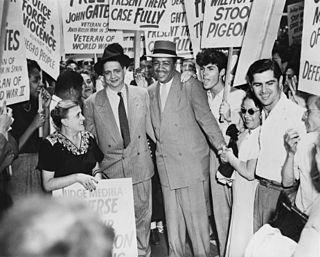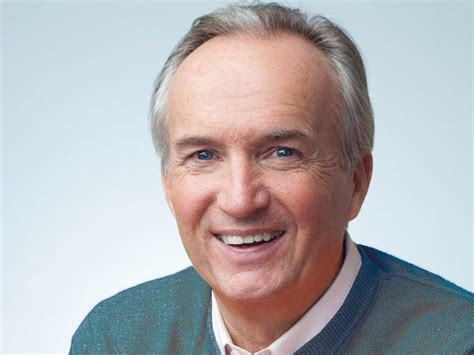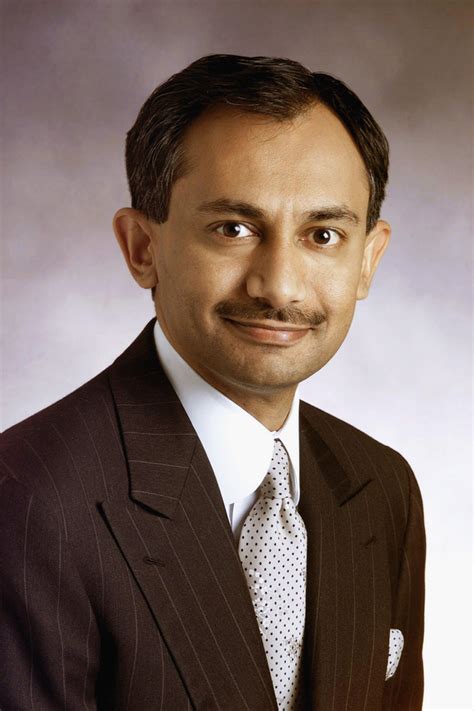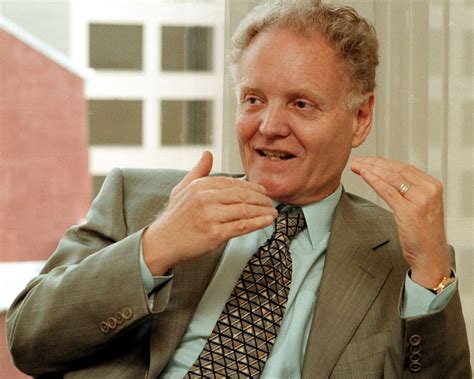A Quote by Karl Albrecht
In an organization of any significant size, the executives cannot create the future single-handedly. They must develop the enterprise in a constellation of teams within the overall team if they hope to bring the special talents and resources to bear on the challenge of creating superior customer value and sustaining a competitive advantage in the eyes of its customers.
Quote Topics
Advantage
Any
Bear
Bring
Cannot
Challenge
Competitive
Competitive Advantage
Create
Creating
Customer
Customers
Develop
Enterprise
Executives
Eyes
Future
Hope
Must
Organization
Overall
Resources
Significant
Single
Single-Handedly
Size
Special
Special Talents
Superior
Sustaining
Talents
Team
Teams
Value
Within
Related Quotes
Teamwork remains a sustainable competitive advantage that has been largely untapped because it is hard to measure (teamwork impacts the outcome of an organization in such comprehensive and invasive ways that it's virtually impossible to isolate it as a single variable) and because it is extremely hard to achieve (it requires levels of courage and discipline that few executives possess) - ironically, building a strong team is very simple (it doesn't require masterful insights or tactics).
You must develop a sense of what you can contribute that goes beyond 1 company or organization. A career path today will likely involve moving from organization to organization, creating a picture of rising circles, rather than a vertical ladder. In fact, a vertical rise within one organization will very likely move you away from your strongest areas of competence.
It seems to me that the dedication of a library is an act of faith. To bring together the resources of the past and to house them in buildings where they will be preserved for the use of men and women in the future, a nation must believe in three things. It must believe in the past. it must believe in the future. It must, above all, believe in the capacity of its own people so to learn from the past that they can gain in judgment in creating their own future.
Successful companies create value by providing products or services their customers value more highly than available alternatives. They do this while consuming fewer resources, leaving more resources available to satisfy other needs in society. Value creation involves making people's lives better. It is contributing to prosperity in society.
So to the best we can, what we do is focus on creating value for others, and how do we do that? We do it by trying to produce products and services that our customers will value more than their alternatives, and not just their alternatives today, but what the alternatives will be in the future. We try to more efficiently use resources than our competitors, and constantly improve in that, and we try to do the best job we can in creating a safe environment, and environmental excellence, and constantly improve at that.
The outside-in discipline requires that you have an explicit customer-based reason for everything you do in the marketplace. Managers need to create what I call "customer pictures," verbal descriptions of customers that highlight the key customer characteristics and make those customers come alive. Although managers never know as much about customers as they want and need to know, the outside-in discipline requires that they construct customer pictures anyway, basing the pictures on whatever hard data they have plus hypotheses and intuition.
Traditional sales and marketing involves increasing market shares, which means selling as much of your product as you can to as many customers as possible. One-to-one marketing involves driving for a share of customer, which means ensuring that each individual customer who buys your product buys more product, buys only your brand, and is happy using your product instead of another to solve his problem. The true, current value of any one customer is a function of the customer's future purchases, across all the product lines, brands, and services offered by you.


































